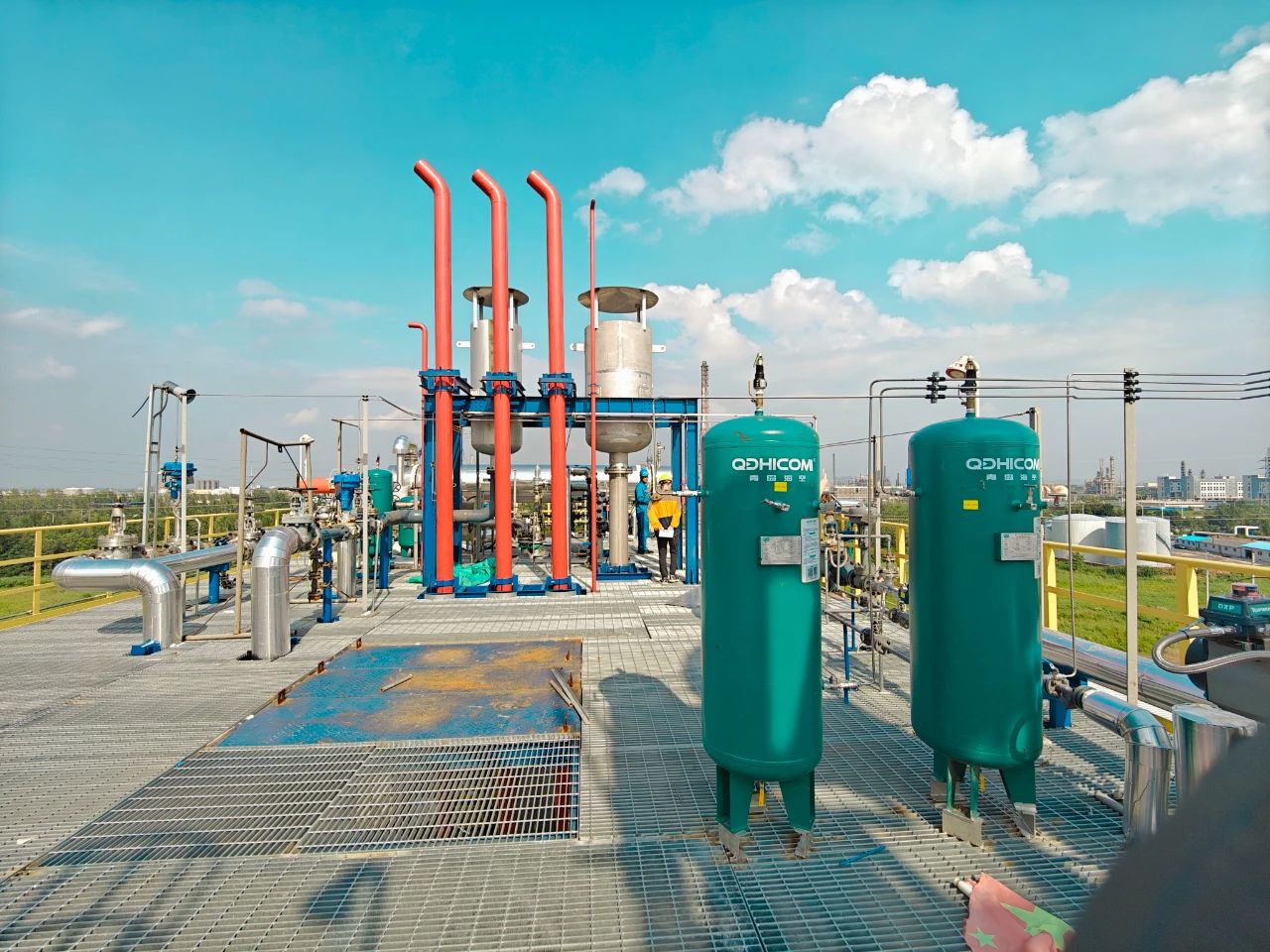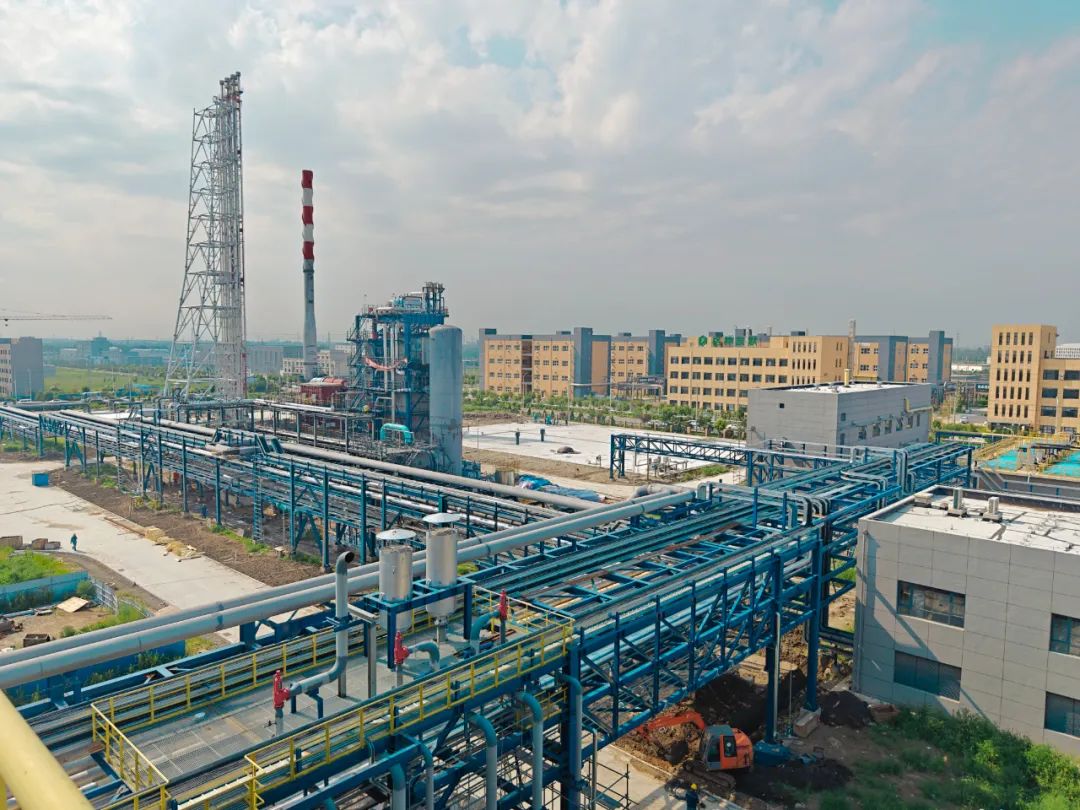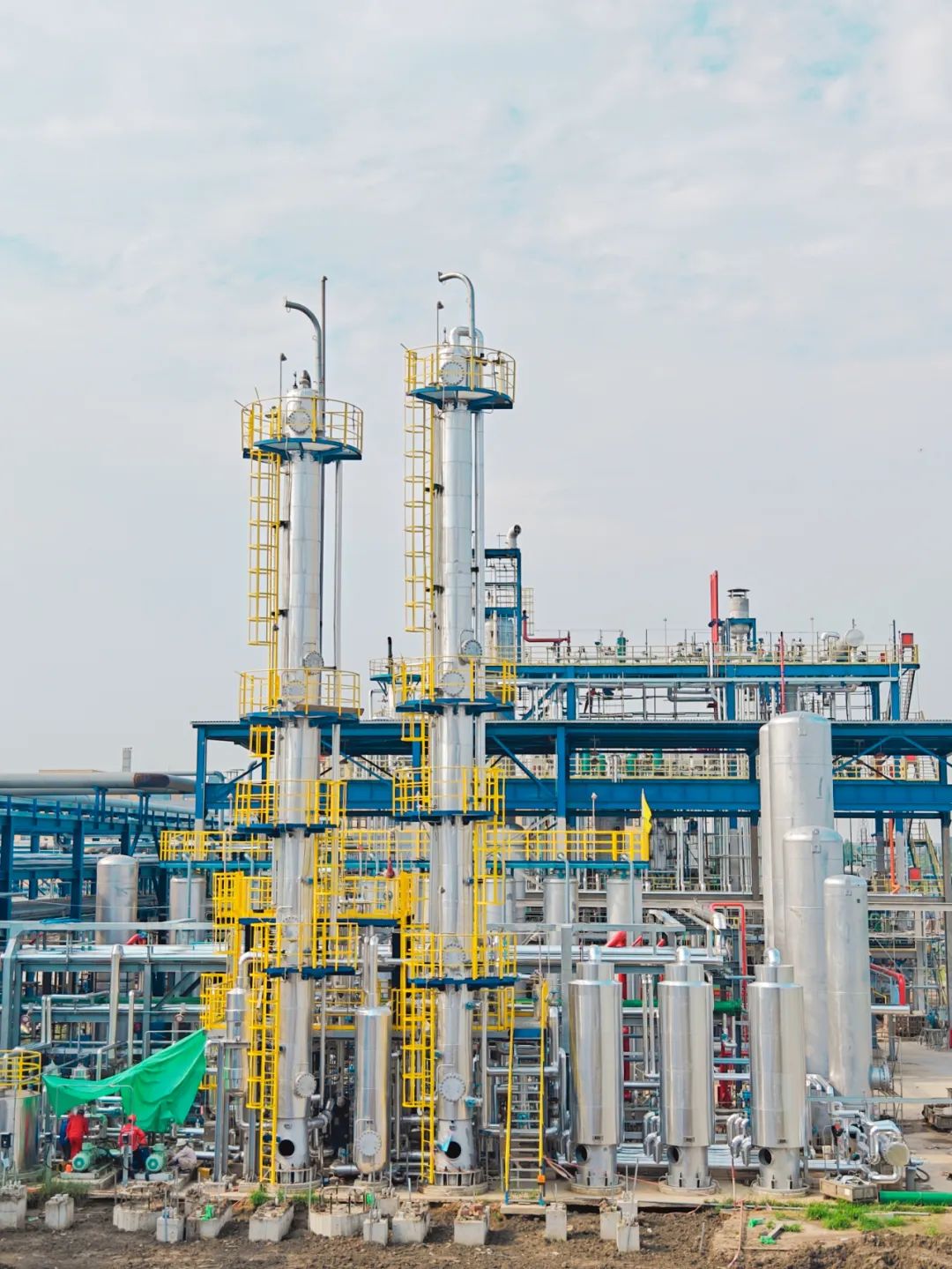Efficient Electric Heat Tracing: Energy Assurance for Panjin Sanli Zhongke New Materials' Annual 100,000-Ton Production Project
Project Background
The Panjin Sanli Zhongke New Materials Co., Ltd. has launched an industrial project for the annual production of 100,000 tons of new materials, located in the western expansion area of the Panjin Fine Chemicals Industry Development Zone. This project is a successful transformation of technological achievements from their pilot base into full industrialization. The total investment for the project is 2.1 billion RMB, with the first phase investment amounting to 1.1 billion RMB and occupying an area of 269 acres. It primarily utilizes the ethylene three-step method for MMA production, a technology co-developed with the Dalian Institute of Chemical Physics of the Chinese Academy of Sciences and the Department of Chemical Engineering at Tsinghua University. This technology resolves key challenges in oxidation and esterification processes, representing a unique advantage in achieving an internationally advanced level and being the first of its kind in China.
Project Solution
The project is located in Panjin, northeastern China, characterized by a temperate continental semi-humid monsoon climate. The region experiences spring droughts, hot and rainy summers, rapid temperature drop during autumn, and cold, dry winters, with historical extreme minimum temperatures reaching -30.6°C and maximum wind speeds up to 21 m/s. Additionally, there is a possibility of salt fog corrosion on-site. Taking into account the physical and chemical properties, process temperatures, and heat loss of different pipeline connections and diameters for various process media (such as acetic acid, concentrated sulfuric acid, laboratory wastewater, domestic water, firewater, NaOH, etc.), ZTC Technology (Suzhou) Co., Ltd. uses a specialized electric heat tracing modeling system. This system simulates the actual heat dissipation and absorption processes on-site to effectively match the heat tracing system and accurately divide circuits. Coupled with a precise temperature monitoring system, it ensures temperature maintenance, process temperature, and current setpoint are displayed on an LCD/LED screen. The control module provides information on "temperature, heating current, ground leakage current, maximum and minimum temperature storage" for each circuit and delivers alarm signals such as low and high temperature, heater low/high current, ground leakage current, and RTD sensor fault alarms. It is equipped with a self-testing function, periodically energizing all heaters and can be programmed via a keyboard.
To avoid resource waste in power supply and control due to the large plant area and scattered installations, this solution establishes independent power and control platforms for various units. These include the gasification unit, syngas purification unit, n-propionaldehyde unit, formaldehyde unit, MMA unit, ethylene tank group, chemical tank groups (one and two), formaldehyde tank group, acid and alkali tank group, vehicle loading and unloading facilities, exhaust gas incineration units, rainwater storage tank and emergency water pool, initial rainwater pool and production wastewater pools (one and two), domestic wastewater pool (one), laboratory wastewater pool, and the entire plant's electrical system. By utilizing distributed power supply and control systems, the scattered heat tracing circuits are consolidated into an energy-efficient, environmentally friendly, and safe intelligent electric heat tracing system. This achieves thermal balance in process pipelines, normal flow of process media, and stable operation of installation areas.
For service inquiries, contact: 4008288613







